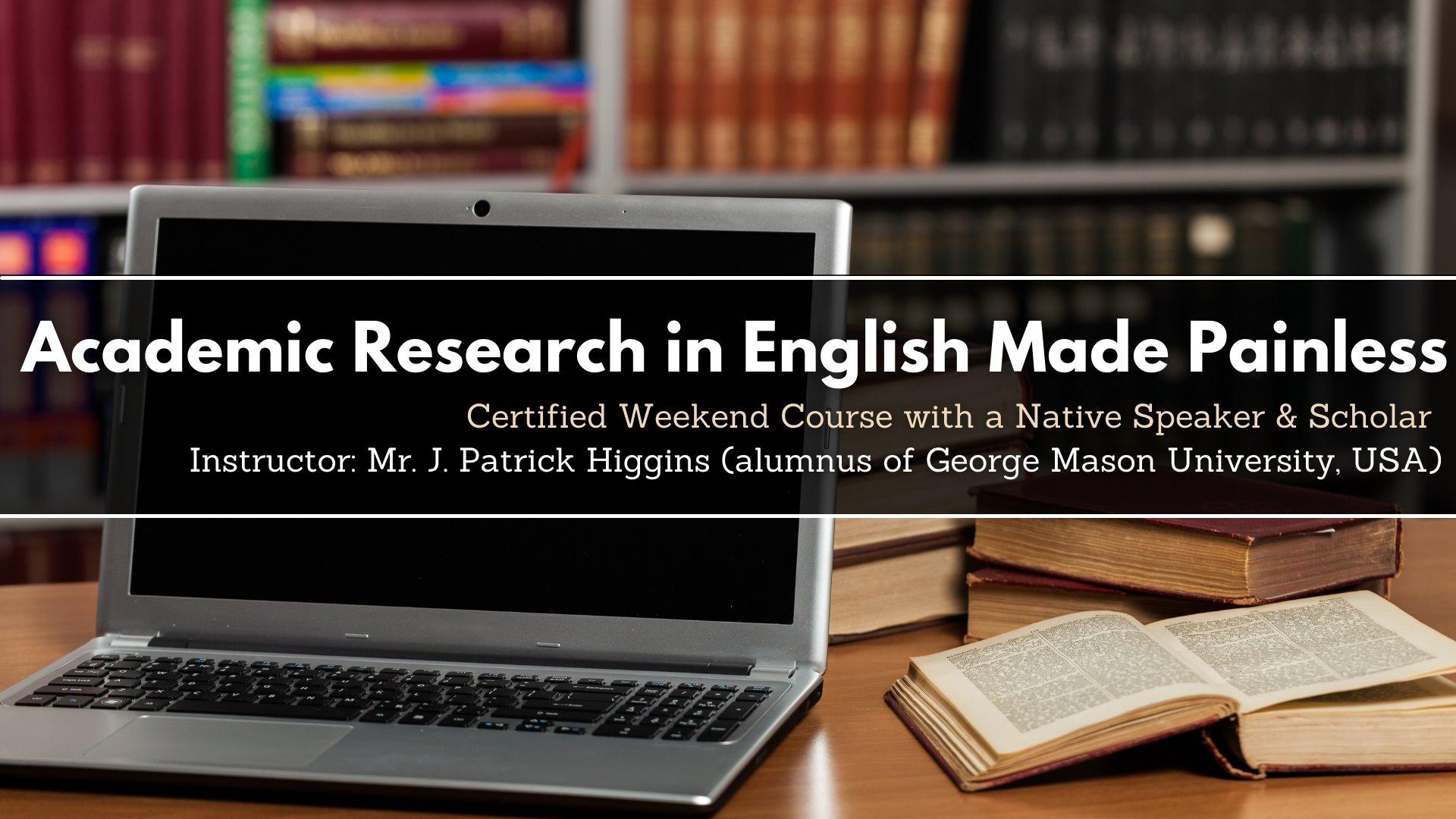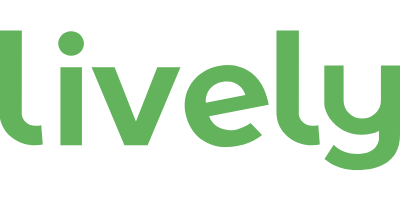Center for American Studies, Center for European Studies, Koło Naukowe Prawa Amerykańskiego " The American Law Society "
Academic Research course with a scholar from the United States
research, academic

The Center For American Studies would like to invite you to participate in an intense weekend course with an American native speaker & scholar (alumnus of George Mason University) titled "Academic Research Made Painless".
There is no one-size-fits-all “academic research process” that works for everyone, nor is there a single type of academic research that is appropriate for all audiences. While there is no substitute for experience and repetition, it is possible to find one's own style and rhythm for research, improve one’s research and academic communication skills, as well as broaden one’s own horizons through exploring different types of academic research and communication. And this is exactly what you'll learn during the "Academic Research Made Painless" weekend course.
Promotional video of CFAS Language Courses: https://youtu.be/4PWSMXnslc8
➡️ ???? ?? ??? ???????
The course begins on Friday afternoon at 6 pm (December 17) and ends on Sunday afternoon at 2.30 pm (December 19), making it fully accessible to those who are busy during the week.
➡️??? ?????? ??? ?????????
Because our "Academic Research Made Painless" course taught by an American scholar is strictly practical.
• You will achieve a broader understanding of the academic research process from beginning to end
• You will master the use of research tools and techniques that will make your works pass the highest academic scrutiny in the English-speaking world
• You will learn the best tools and platforms to conduct your research
• You will learn how to organize your research and develop your own rhythm and style
• You will learn how to structure your arguments in English
➡️?????? ????????? ?????? ?????????
?????? ? ????? ?? ???????? ????????
1. Descriptive: survey, historical, content analysis, qualitative work
2. Associational: correlational, causal-comparative
3. Intervention: experimental, quasi-experimental, action research
?????? ?? ???? ?? ???? ???????? ?????? ?? ????????
1. Explorative research (example: literature review)
- self-education and learning about a topic
- informing the research audience and pointing out to gaps in the literature
- searching for new ideas and perspectives (academic „behind the scenes”)
2. Provocative research (examples: op-ed, advice columns, [negative] book reviews)
- academic critique
- academic rhetoric and stirring up debate
- supporting arguments with opinion vs. evidence
3. Persuasive research (examples: journal articles, books)
- proving your point and structuring arguments
- proving others’ research wrong
4. Supportive research (example: book review, memorial articles)
- supporting or confirming another author or author’s work via replicating studies and experiments or writing positive reviews
?????? ??? ????? ?? ????????? ??? ???? ?? ???? ????
1. Dialectics
2. Textualist/literalist
3. Scientific method
4. Immanent critique (Kant-post-Kantianism-Critical realism)
5. Genealogy/Archaeology (Nietzsche-Foucault)
6. Hermeneutics
?????? ?? ???????? ????? ??? ????-????????????
1. Knowing your research style (“what works for you”)
2. How to use JSTOR/Ceeol/Google Scholar/Worldcat
3. How to build a literature review
3a. Patrick Higgins style: Grounded theory -> Source Saturation -> Feedback Loop
?????? ? ??? ?? ????????? ?? ???????? ???? ????????? ?? ???
1. Historical analysis
2. Critiquing the literature
3. Formulating a general hypothesis
4. Prebuttal/prolepsis
5. Narrowing of terms/definitions/field of research/standards of evidence
6. Evidence
7. Conclusion
➡️???? ?? ????: ????? ??????!
You may submit a draft of your piece of academic writing in English to be worked on during the course. There will be a practical session into which you may bring research that you have personally worked on (draft of a chapter or a journal article) for the group to review together. The instructor will then give feedback and suggestions.
➡️???? ?????? ?????????
Every participant of the course will receive a package of free materials for self-study of Academic English.
➡️??????????
?? Mr. J. Patrick Higgins (USA) is an interdisciplinary scholar working across various fields, such as law, economics and political science. An alumnus of George Mason University and Virginia Polytechnic Institute and State University, he is currently associated with the University of Łódź, Faculty of Law and Administration, and the Alexis de Tocqueville Center for Political and Legal Thought. Mr. Higgins has many years of experience in editing books on law, economics, and politics, as well as writing papers, reports, and other documents.
Our instructor's American approach to teaching makes the course understandable for everyone who possesses at least a basic command of the English language (we recommend being at least a B1 level). The course is taught entirely in English.
✅???????????
All of our courses are certified.
You will be awarded an official digital certificate signed by the Center For American Studies' President and our Director of Academic Affairs (you may then print the certificate at home, use it to apply for various academic positions, or simply post it to your LinkedIn or other professional channels).
The certificate contains the number of training hours and may be used to fulfill your duty of professional development mandated by your bar association, trade chamber, or employer.
➡️ ?????
The cost of participation in the course is 89 EUR.
❗️The promotional price (if you register before December ? is only 59 EUR ❗️
Link for easy card payments:
https://buy.stripe.com/5kA3ct8lX3DB9oI5kK
➡️???? ????????????
Please register using this short form:
https://forms.gle/Y64Rj1Z7aVJpB9nTA
That's all you need to do to register!
The final deadline for registration: December 13, 2021.
➡️??????????
Please send all of your questions to the Center For American Studies to office@cfaspoland.org. See you online!

